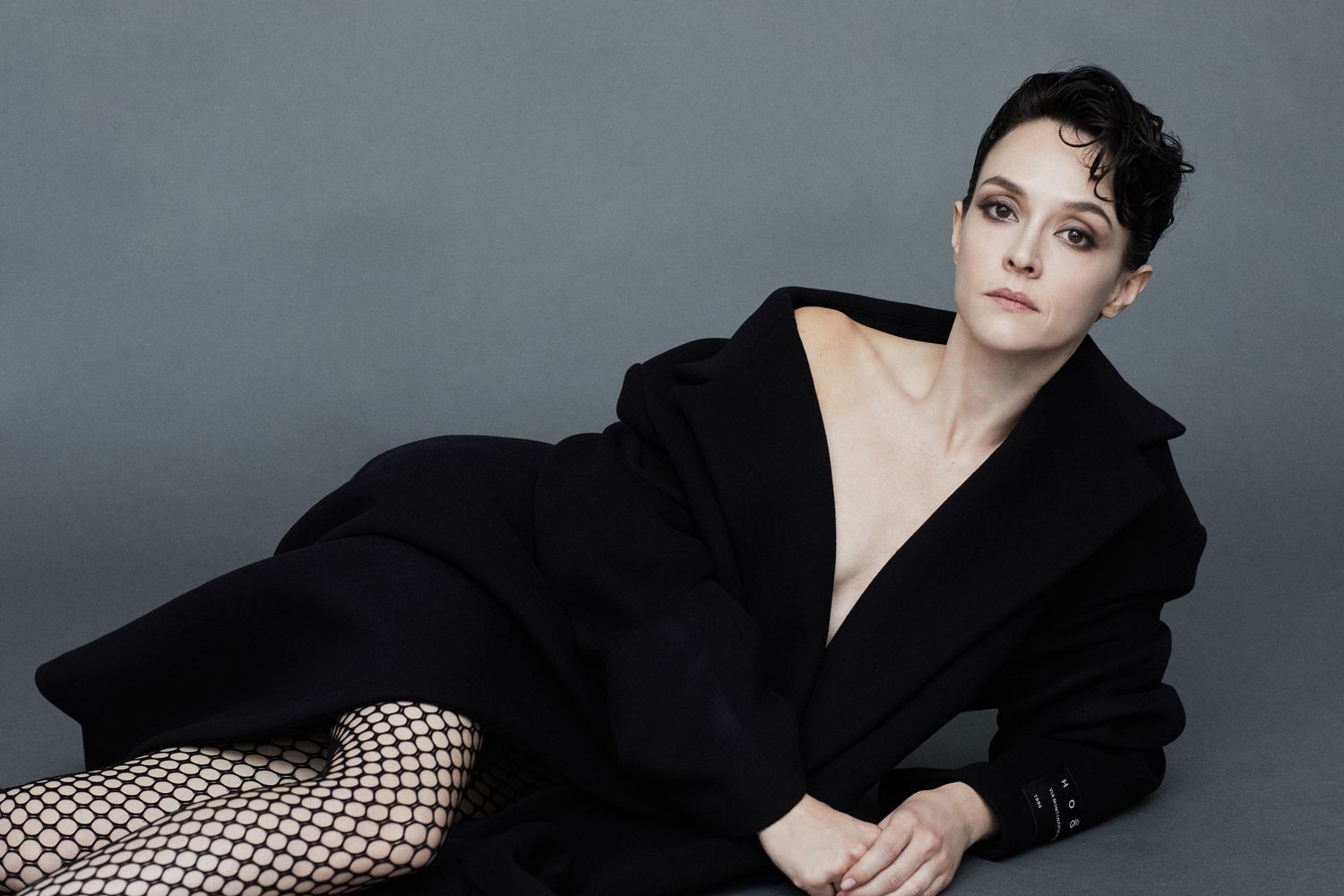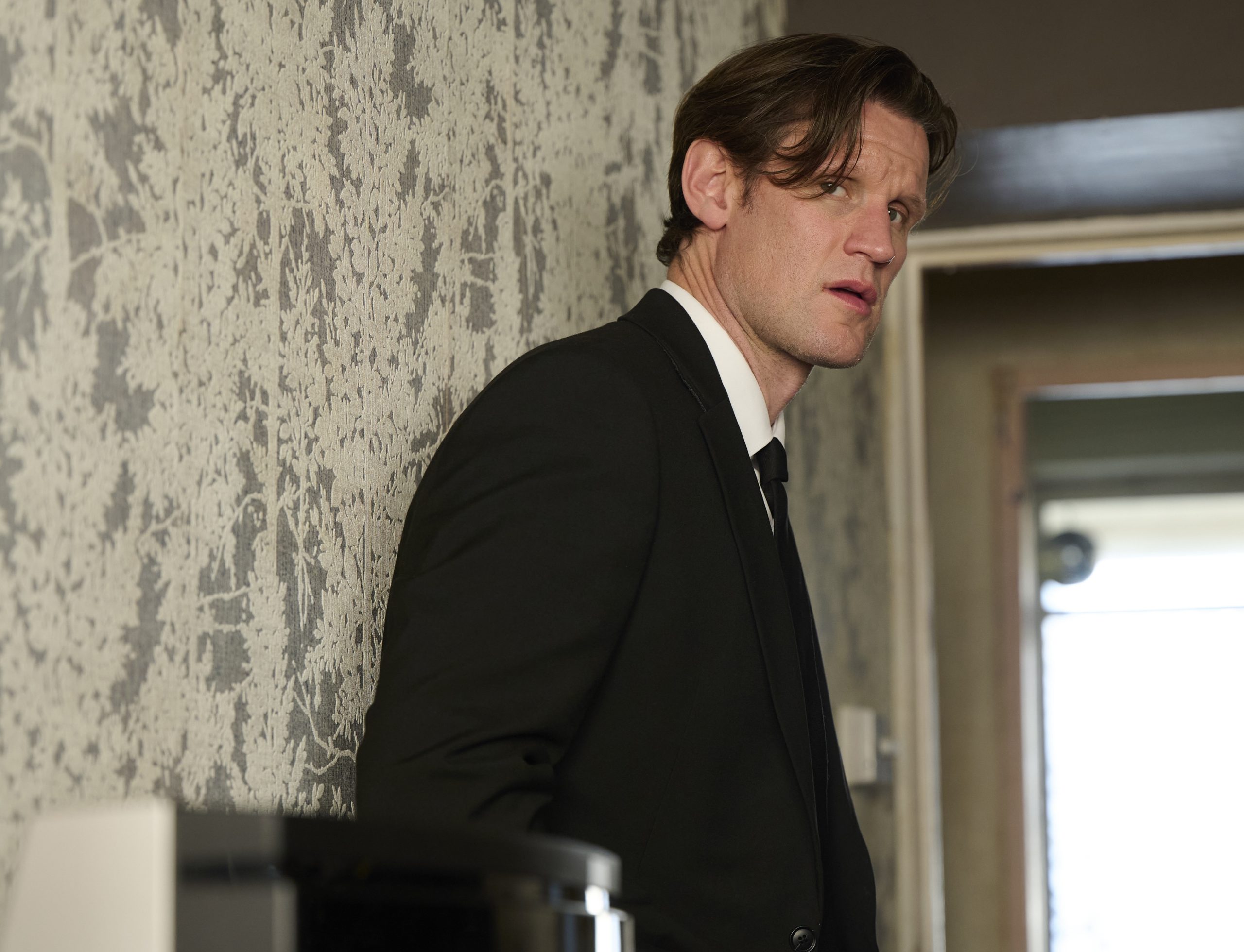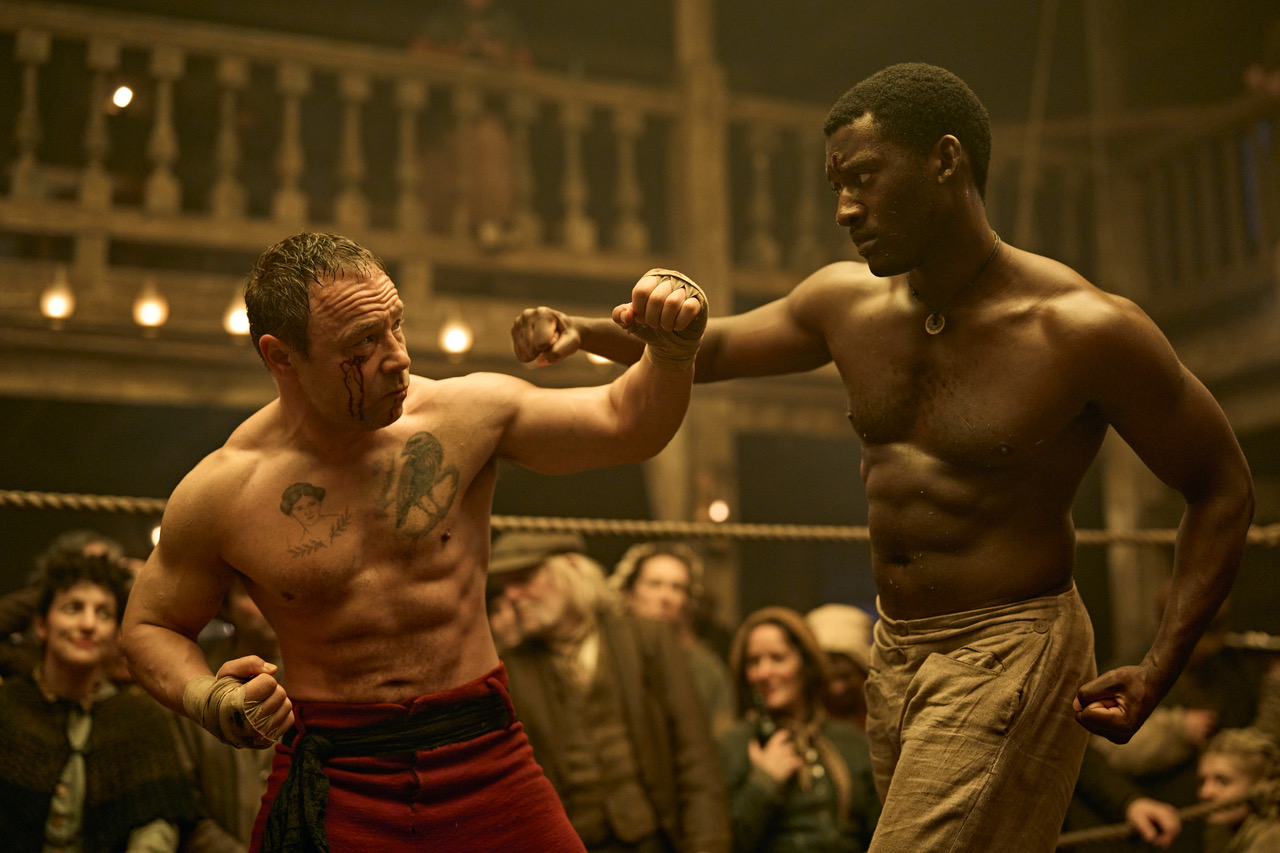From the tender age of 18, Marta Gastini embarked on a journey that would see her transform from a school show performer to a seasoned actress celebrated for her versatility and depth. Her early role in “The Rite” marked the beginning of a career driven by instinct and raw talent. However, as the years passed, Gastini sought to enrich her craft, studying under various acting coaches from around the globe. This extensive training expanded her technical prowess but also posed the challenge of maintaining her innate intuition. Through perseverance, she found a delicate balance, merging technique with natural instinct to deliver compelling performances.
Gastini’s approach to preparing for roles is meticulous and thorough, emphasizing the importance of script analysis and rehearsals. She thrives on the collaborative process, valuing the exchange of ideas with directors and fellow actors. Each character presents its own set of challenges, requiring specific preparations such as vocal training, accent work, or physical conditioning. This dedication to authenticity ensures that her portrayals are as diverse as they are convincing.
Speaking with 1883, Marta Gastini opens up about her career thus far.
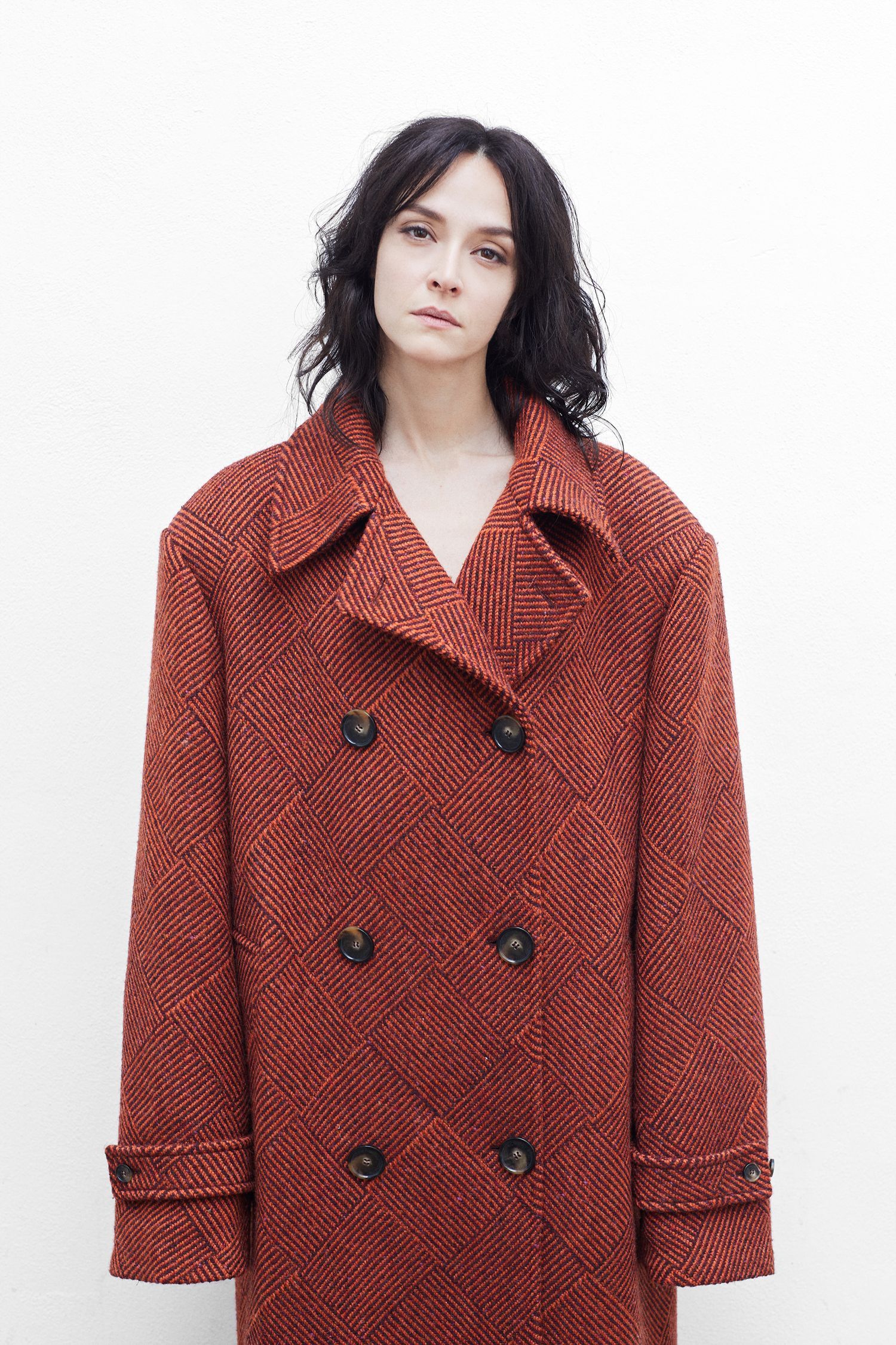
How has your approach to acting evolved from your early roles, like in “The Rite,” to your more recent projects? What have been some of the most significant changes in your craft?
At the beginning of my career, I was 18, I had only acted in school shows and my only acting tool was my instinct. As the years passed I started studying acting with different coaches from different countries enriching my knowledge but somehow shrinking my intuition. I then had to find a new balance between technique and instinct.
You’ve portrayed a diverse range of characters. How do you prepare for roles that are vastly different from one another? Is there a particular character that challenged you the most, and why?
I believe there is a work that all characters need and that is script analysis and rehearsals. I trust very much the process of rehearsals and the exchange with the directors and fellow actors. That being said, each character might then need specific influences, suggestions, vocal, accent or physical training.
All characters have been challenging for different reasons.
Growing up in Italy, how has your cultural background influenced your approach to acting and storytelling? Are there aspects of Italian cinema or culture that you strive to bring into your performances?
I’m sure cultural background inevitably influences who we are, how we talk, how we move, how we think and surely how we act. That became particularly clear to me when I studied English American accent to try and compete with American actors for American roles. It was not only a matter of accent, (after very hard work you could get very close to achieving that). The real difficulty was the cultural differences that show themselves in almost everything we do. The difficulty is to become American, in my case, or any other nationality.
You’ve worked with directors from various backgrounds, such as Mikael Håfström in “The Rite” and Dario Argento in “Dracula 3D.” How do you adapt to different directorial styles, and what have you learned from these experiences?
Humanly there might be directors you connect with more but professionally I always respected very much the role of the director. When I was younger I would put my full trust in the director’s vision, growing up I understood the importance of having your opinion and vision and make them count in a dance of a creative exchange with the team.
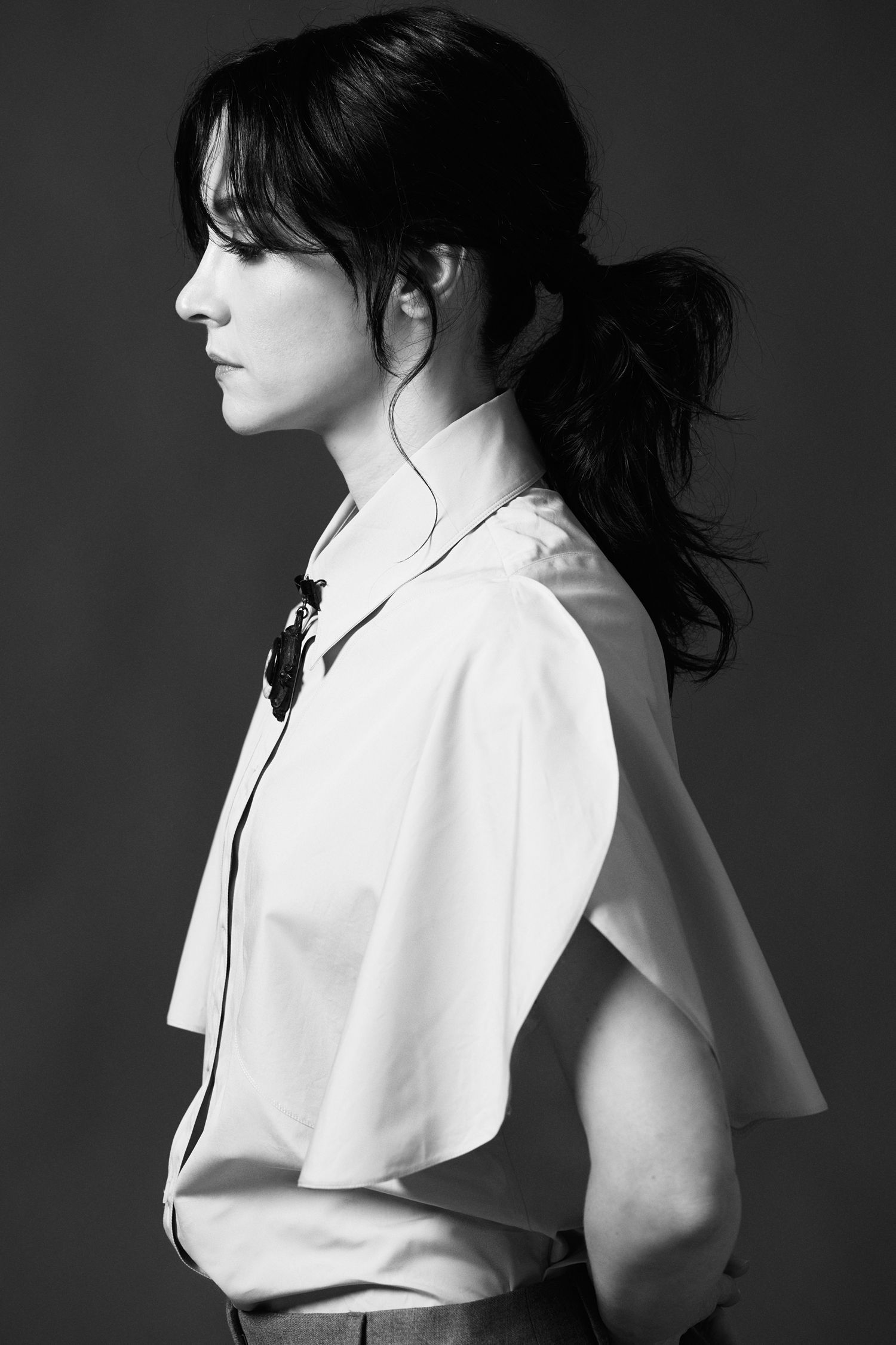
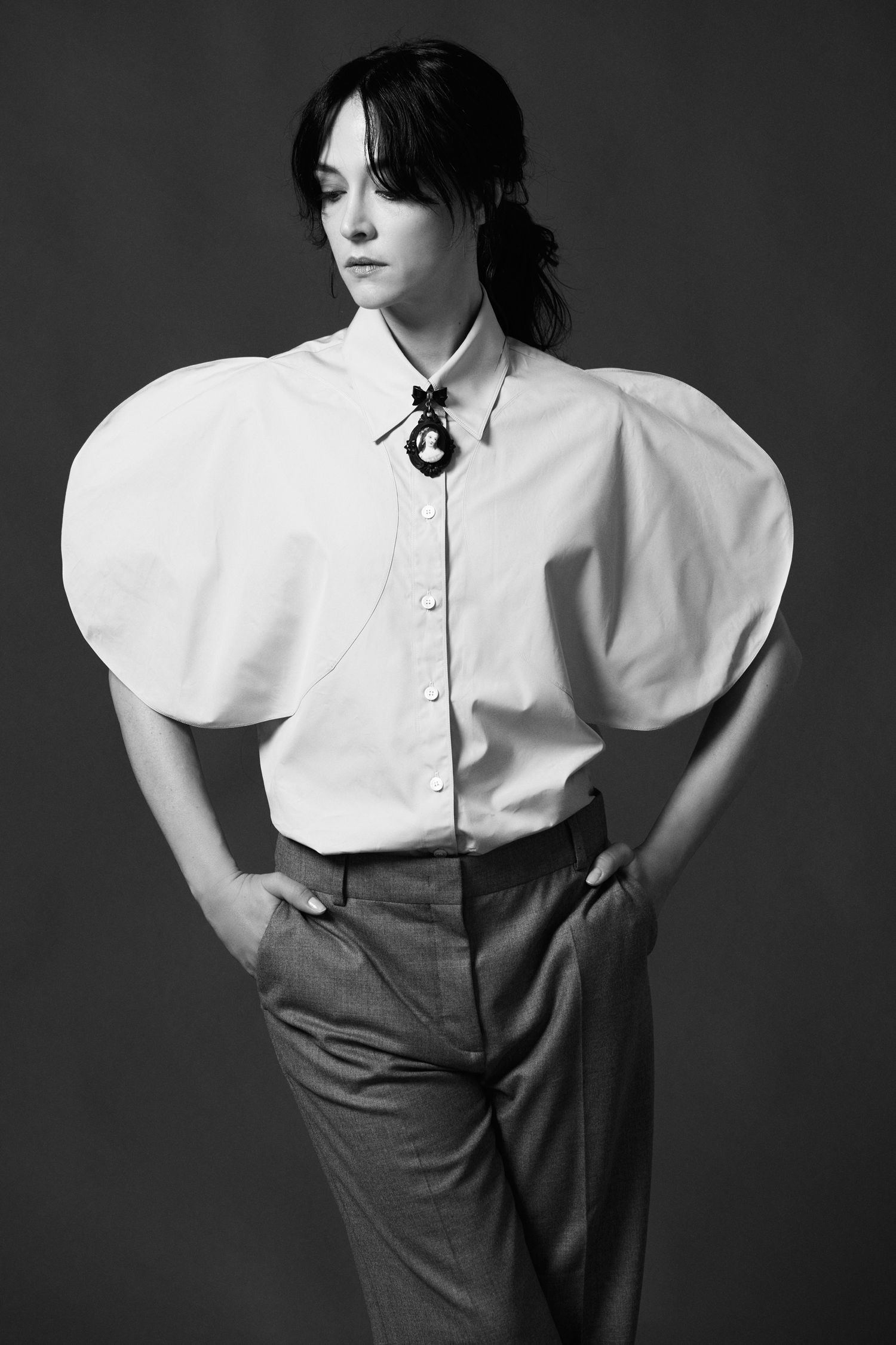
Camicia Stella McCartney Pantaloni Alberta Ferretti Spilla Vintage ‘800
Acting can often lead to deep introspection. Have any of the characters you’ve played caused you to reflect on your own life or perspectives in unexpected ways?
Yes, some of them did but one was particularly enlightening and that was the role of Sofia in Zeller’s play “The Son”. She helped me see and defend my reasons and therefore trust my decisions.
The entertainment industry is known for its challenges. What have been some of the biggest obstacles you’ve faced in your career, and how have you overcome them?
I think the biggest challenge for an actor is not working. That is when you realize that your career does not only depend on your abilities but on decisions made by others and based on a large number of reasons. Receiving many NOs often leads actors to believe they have no value and that is something I did experience. I faced depression for a few years but thanks to therapy and thanks to my husband and our family I was able to overcome it and come back to life and act with new awareness.
What motivates you when choosing a role? Are there specific themes or messages you hope to convey through the characters you bring to life?
Different things motivate me when choosing a role. It can be the character itself, the story and the themes it treats, or the director, or the cast, with no limits as far as independent productions or, let’s call them, studio ones. What I hope to convey with my characters is to give messages of hope and empowerment to everybody but especially women and younger people. I couldn’t be happier than when people write to me letting me know my acting gave them support and hope.
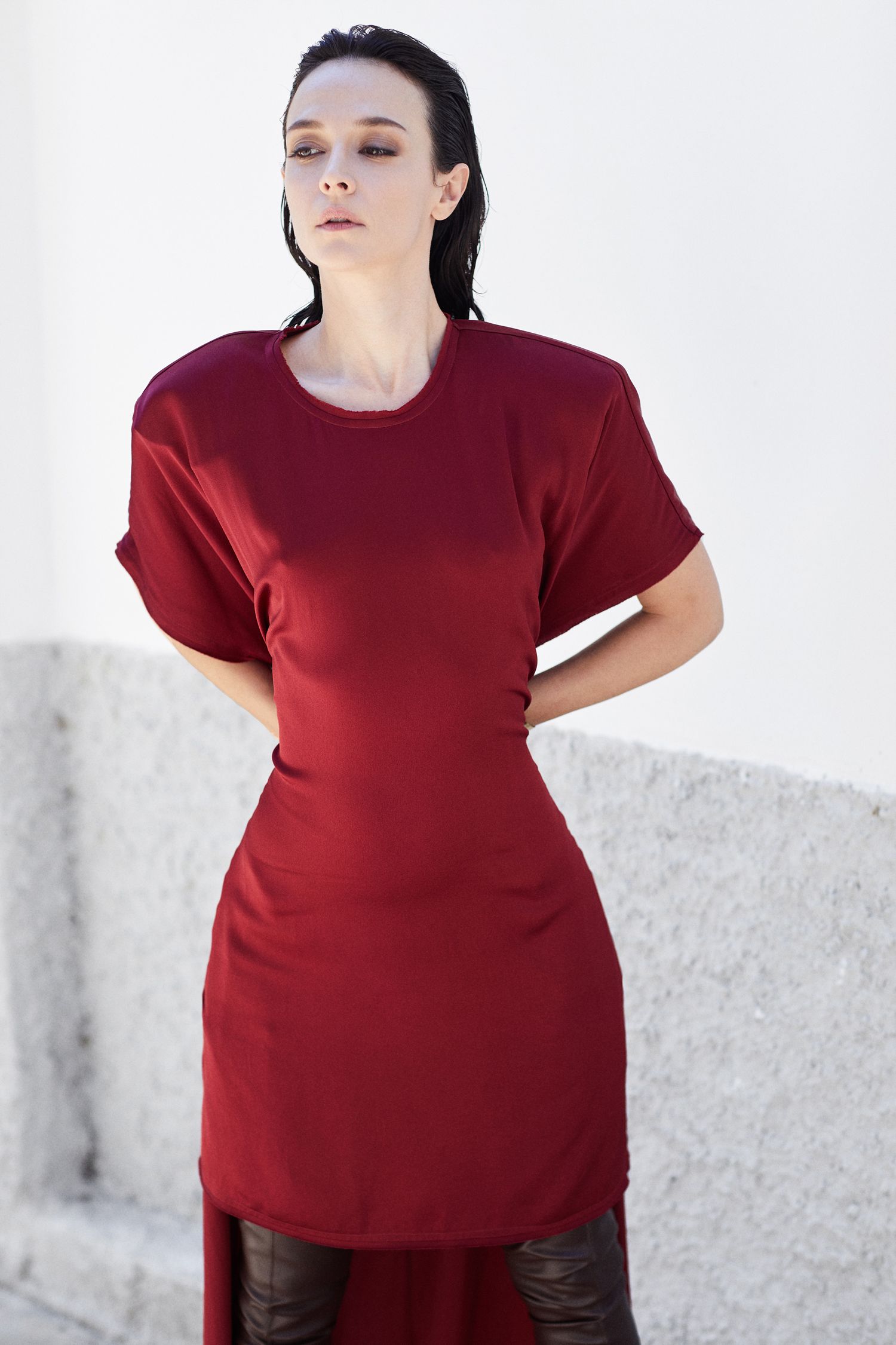
Who are some of the actors or directors that have inspired you throughout your career? Have you had any mentors who significantly influenced your journey?
As far as directors Vittorio De Sica, François Truffaut, Orson Welles, Xavier Dolan, Darren Aronofsky. As far as actresses I’ve always looked up to Natalie Portman, Meryl Streep, Penelope Cruz, Monica Vitti.
When you look back at your career years from now, what kind of legacy do you hope to leave in the world of film and acting?
I hope I’ll have the chance to leave a legacy of movies that can tell such powerful stories, be a mirror to our society and time, to be able to make a difference for the future of cinema and society itself. And hopefully a legacy of characters that can inspire future actors.
Acting is one form of artistic expression. Have you ever been drawn to explore other forms of art, such as directing, writing, or painting? If so, how do they influence your acting?
I recently started feeling the urge to tell some stories that have been populating my mind. I’m thinking of writing and directing them. We’ll see!
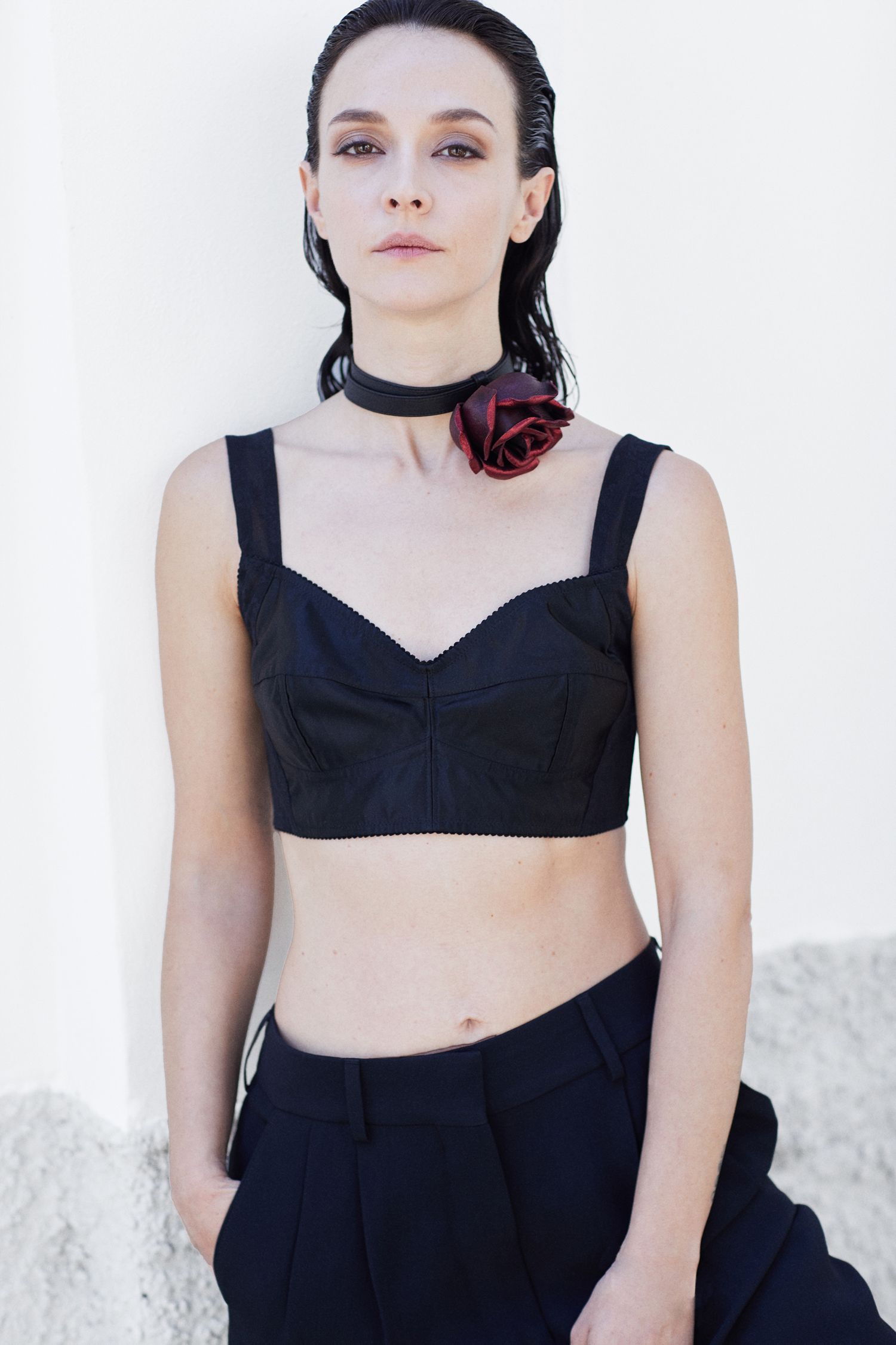
Photography Nicola De Rosa
Styling Gloria Ripamonti
Talent Marta Gastini
Publicist M Punto Comunicazione
Makeup Artist Maddalena Brando
Hair Styling Francesca Galantino
Assistant Photographer Umberto Pettazzoni
Top image credit: Coat Hogan

